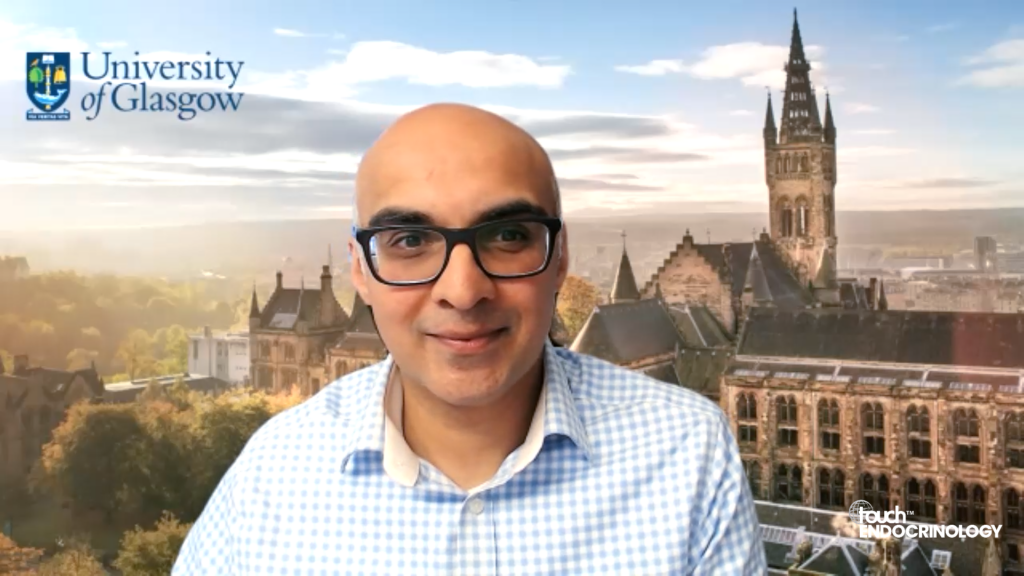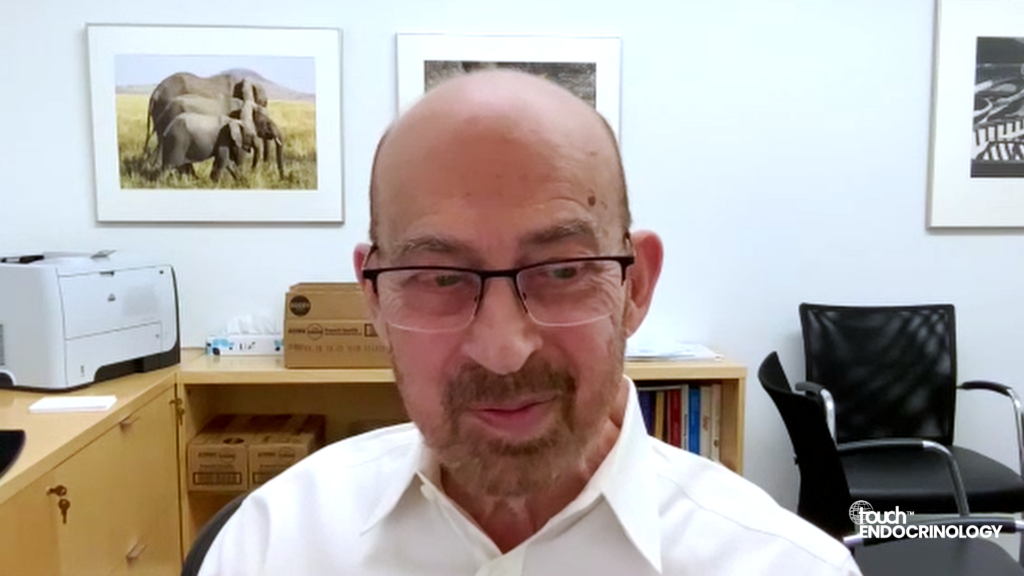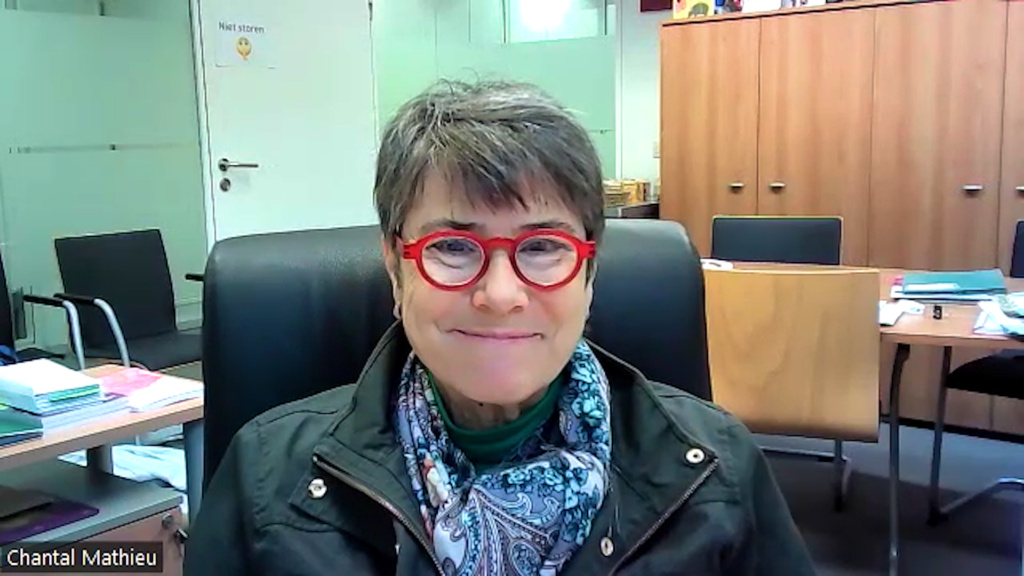In this expert Q&A, we are delighted to welcome our Editorial Board member Linda Siminerio, an Emeritus Professor of Medicine and Professor of Nursing, Health and Community Systems at the University of Pittsburgh, Pittsburgh, PA, USA. She has led a career in diabetes research and education. An internationally recognized expert on self-management education and healthcare delivery models in both paediatric and adult populations, she serves as the Principal Investigator on many studies related to diabetes treatment.
Dr Siminerio has authored numerous publications and served as editor on several diabetes journals. She was President of Health Care and Education, American Diabetes Association and Senior Vice President, International Diabetes Federation (IDF) and Past-Chair of the National Diabetes Education Program (NDEP). In these positions, she has organized and led national and international efforts on the development of programs, standards and care models directed toward health professionals, patients and the community.
In this interview, we explore her career, inspirations, and the impact artificial intelligence (AI) and machine learning will have on the field.
 What motivated or inspired you to specialize in diabetes research and education?
What motivated or inspired you to specialize in diabetes research and education?
My father was diagnosed with type 1 diabetes when I was 14 years old. At that time, the only diabetes education that was given to him and my mother was a demonstration on administering his insulin injections and a list of foods that he could eat. On his first day after hospital discharge, he had a hypoglycaemic seizure at our breakfast table. An ambulance whisked him off to the local hospital and that afternoon he returned home. My mother was very upset that no one had ever told her and my father that he needed to eat soon after his injection. Believe it or not, that was when I decided to help people with diabetes learn how to take care of themselves. I started in my career as a nurse at Children’s Hospital of Pittsburgh with a very progressive clinics chief, Dr Allan Drash, a pioneer in developing a team approach to care. He delegated my role to officially being the nurse who educated the families. I was one of the first healthcare providers to be an official diabetes educator. I realized there was more to be done in learning how patients and families also dealt with the behavioural and psychosocial aspects of living with a chronic disease and how quality care was delivered. I received my PhD in health education and delivery and after 30 years in paediatric diabetes, expanded my work into the adult diabetes community and began my research career.
Do you have any advice for young, aspiring endocrinologists?
Embrace all members of the team, the changing dynamics in diabetes care, technological developments and your role in advancing and supporting the dynamic field.
How do you think AI and machine learning will impact the field?
These resources will have great impact on the field of self-management. For example, I recently heard from an endocrinologist that her young patient was already “testing” AI chat box responses to her continuous blood glucose results. It is already happening, so as health care providers and researchers, we need to stay tuned and not get left behind.
Support: No funding was received in the publication of this short article.
Cite: Siminerio L. Shaping the Future of Diabetes Care: A Q&A with Dr Linda Siminerio on Education, Innovation and AI. touchENDOCRINOLOGY. March 28, 2025.
Why not take a look at Dr Siminerio’s recent publications in touchREVIEWS in Endocrinology:
Diabetes Care and Education: A Look Backward and Forward
SIGN UP to touchENDOCRINOLOGY!
Join our global community today for access to thousands of peer-reviewed articles, expert insights, and learn-on-the-go education across 150+ specialties, plus concise email updates and newsletters so you never miss out.














